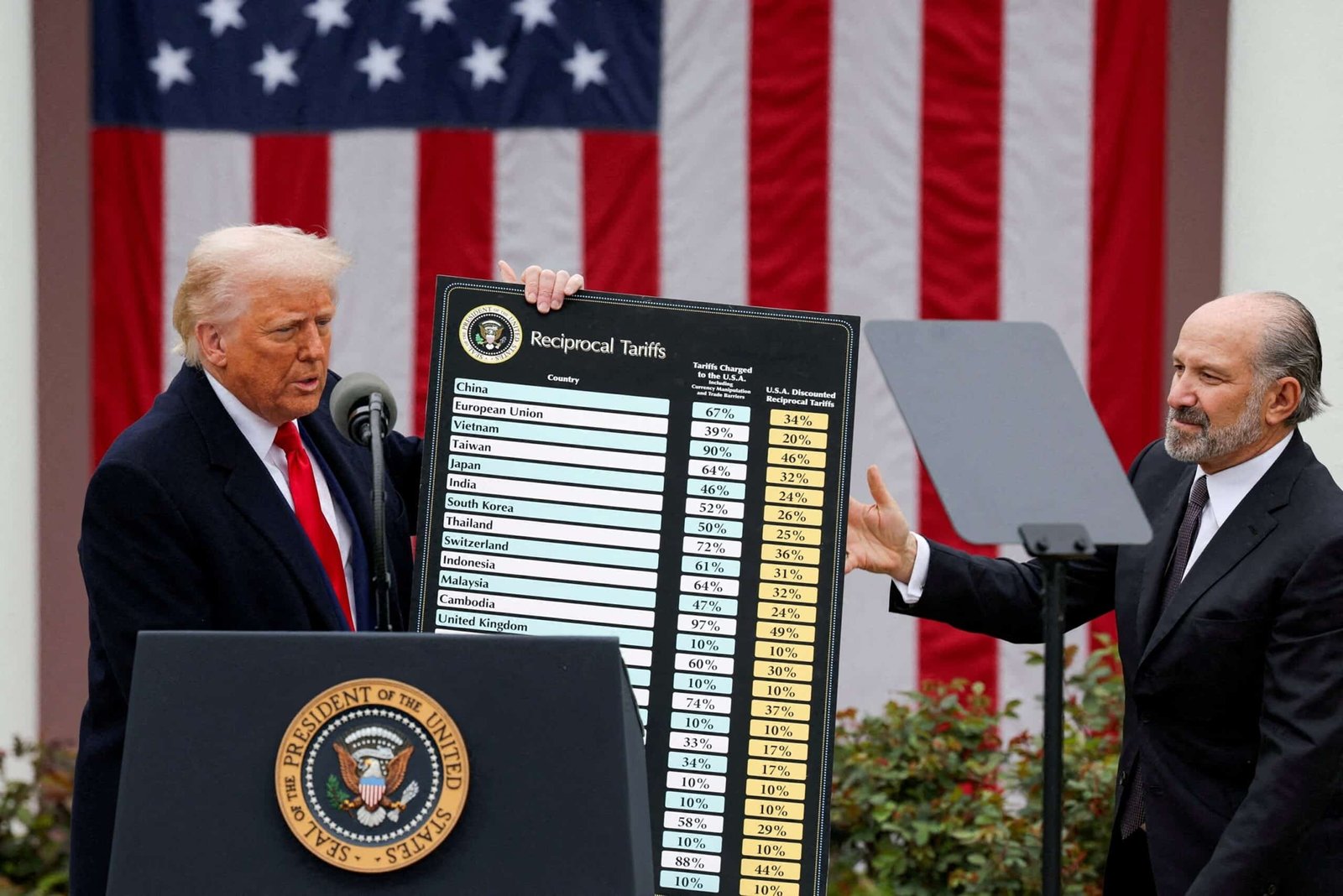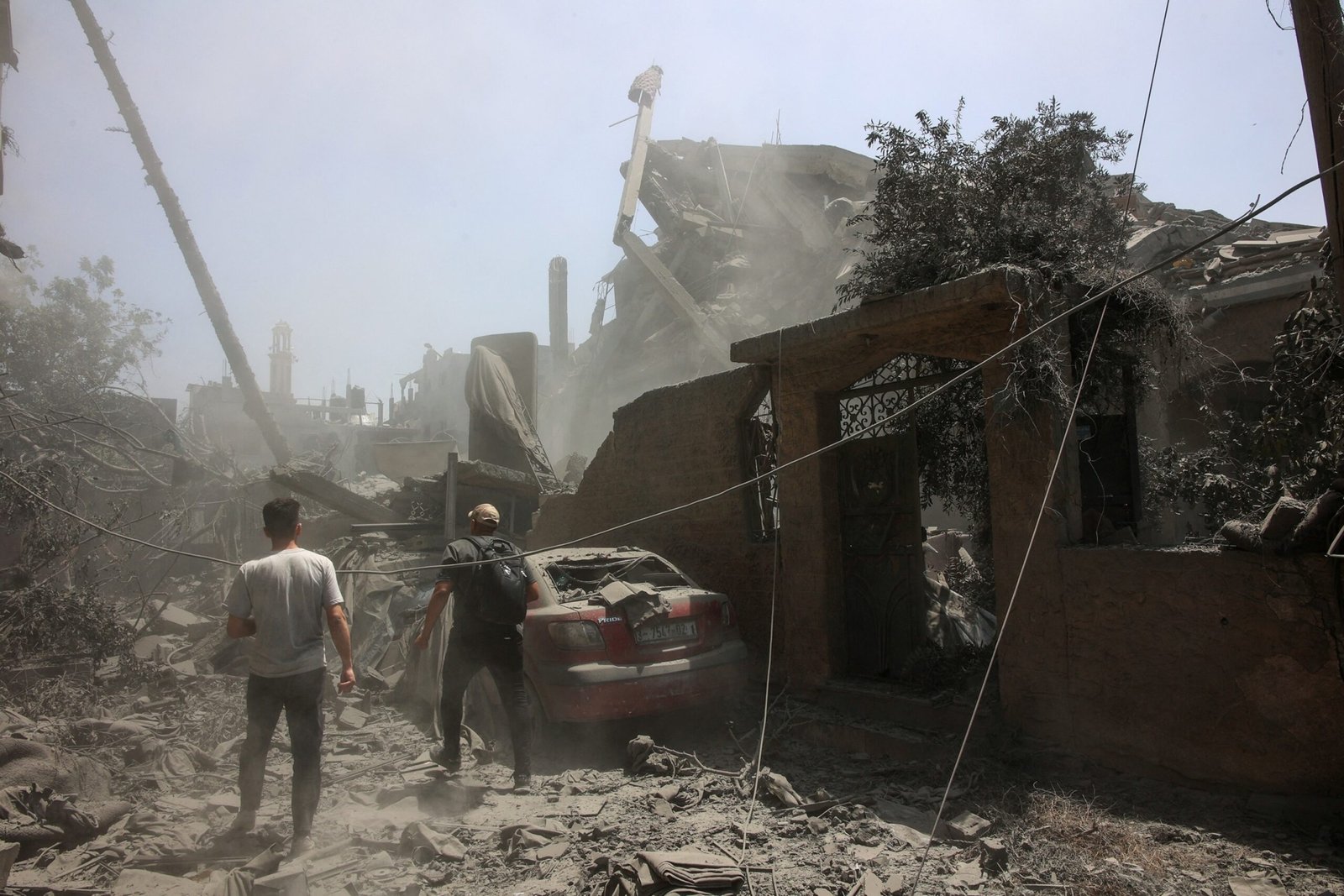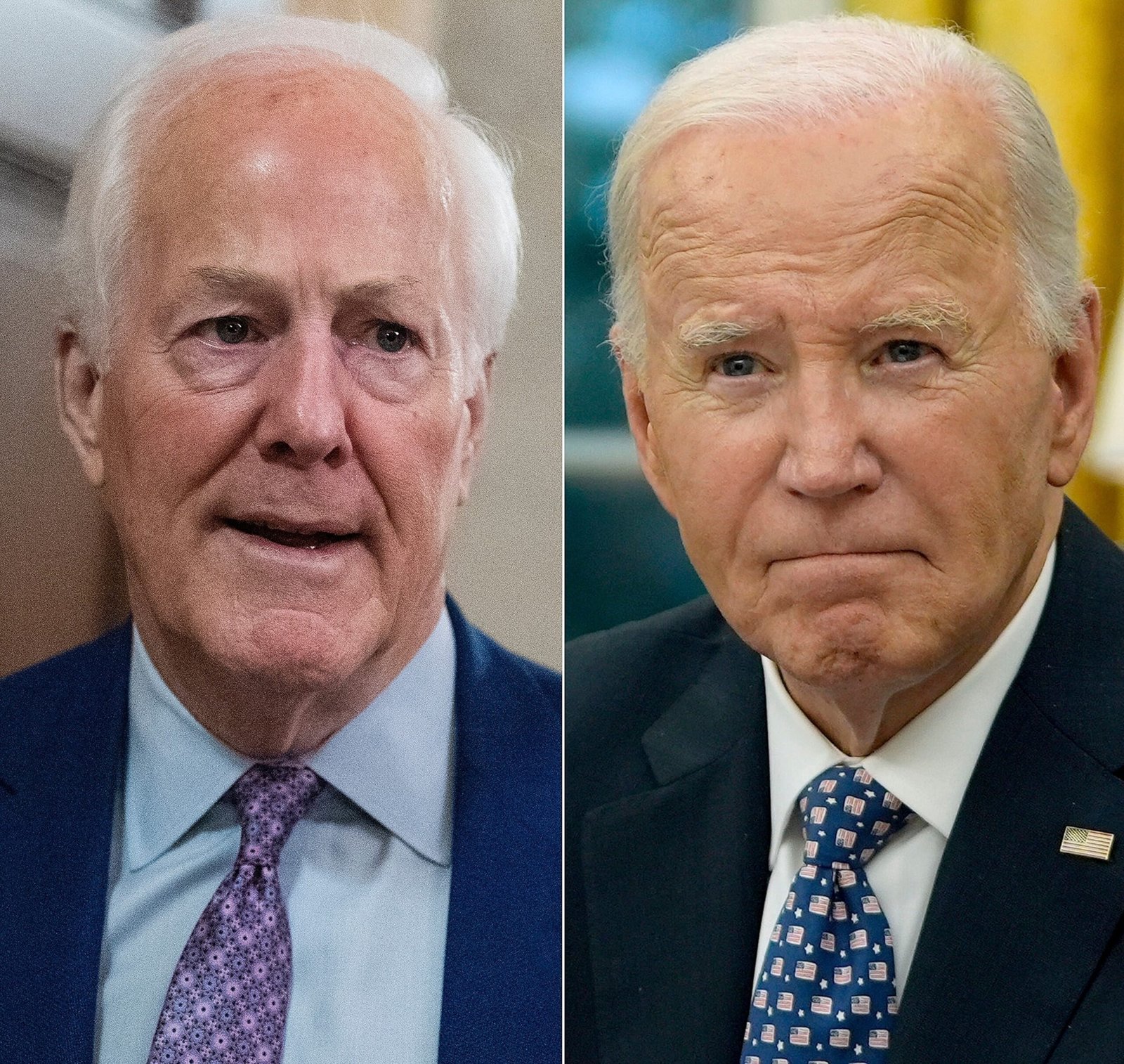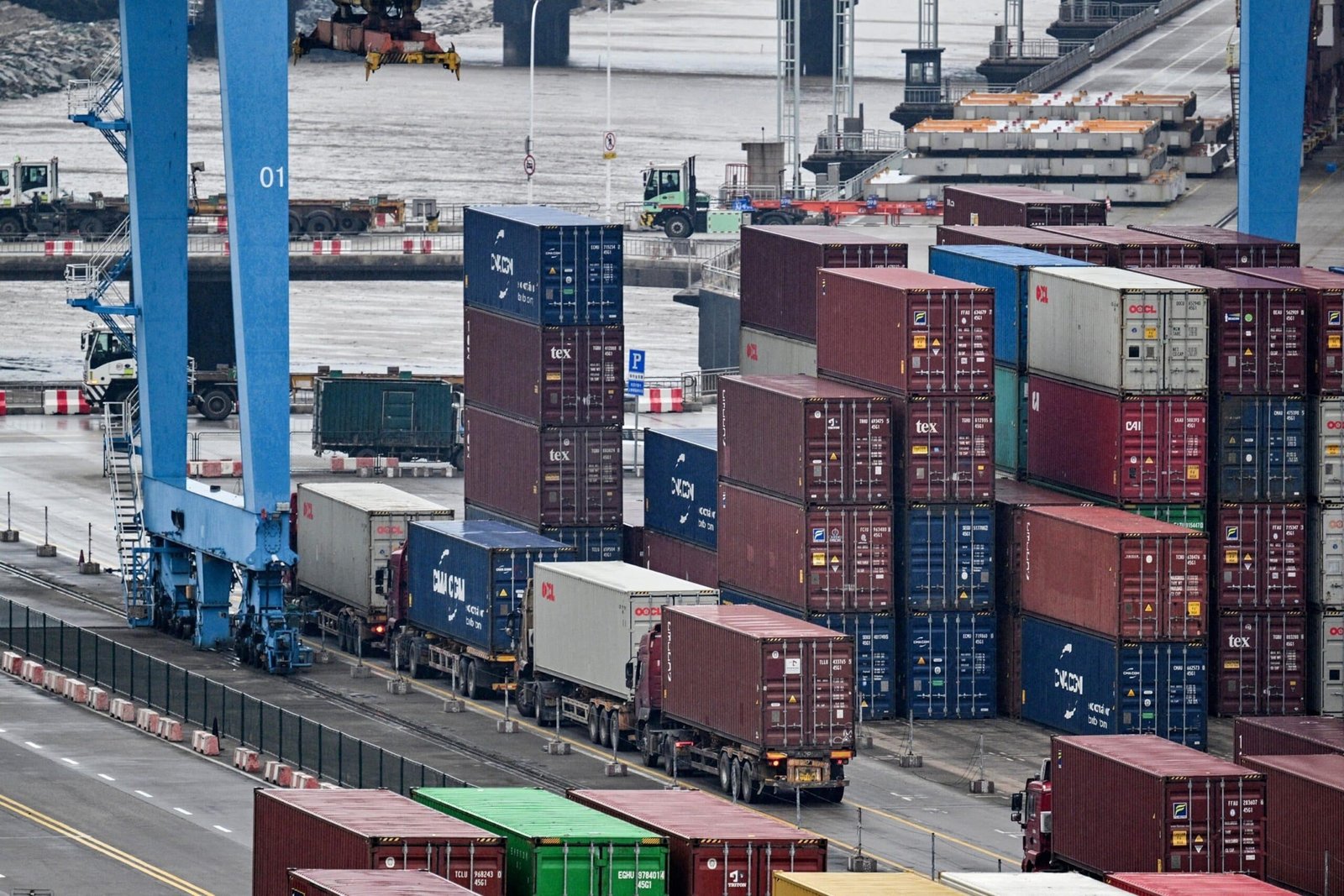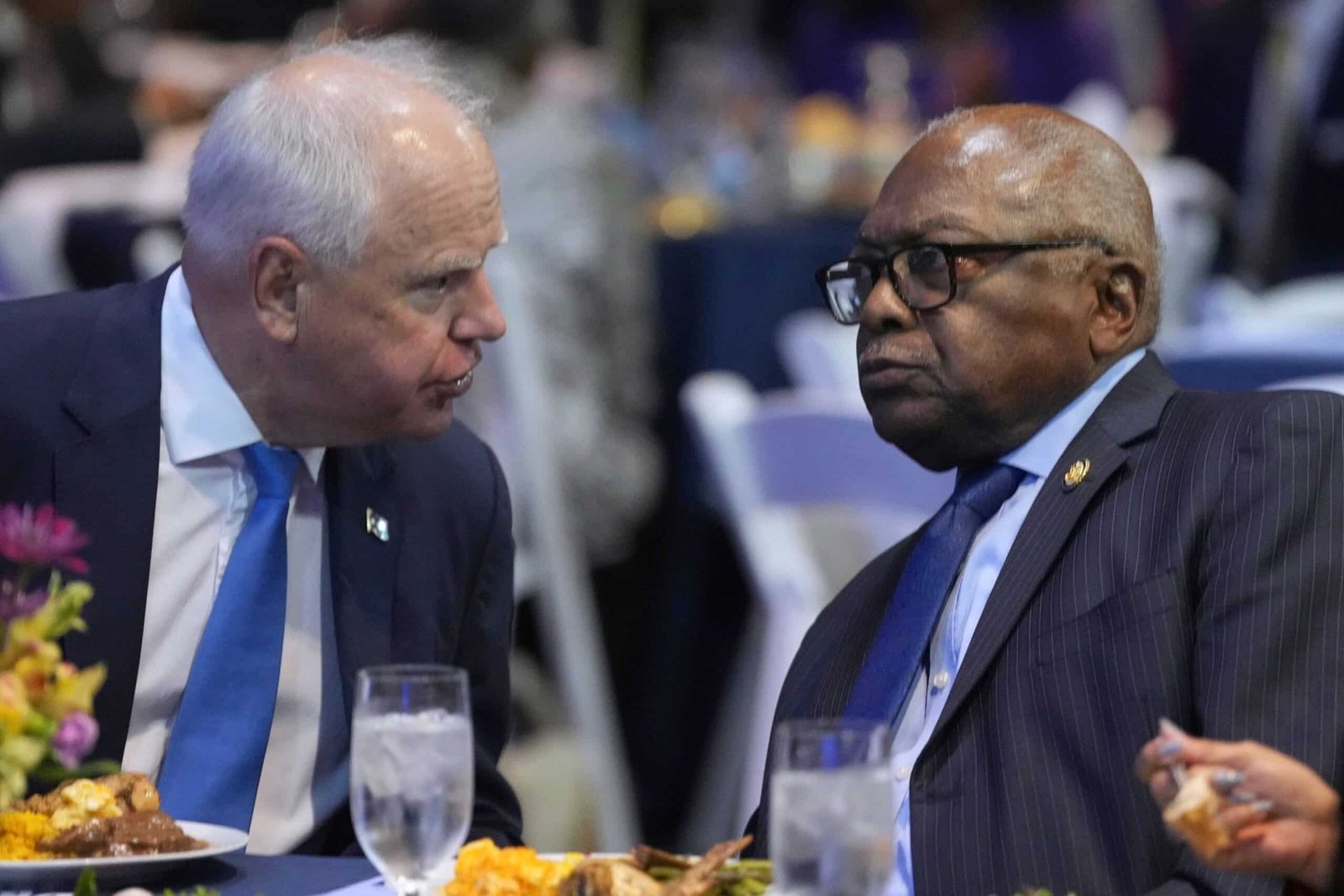On Tuesday in a dark court in the center of Manhattan, a group of small businesses will face one of the boldest uses of President Donald Trump of the Executive Authority.
A panel of judges in the International Trade Court will listen to arguments in a lawsuit that challenges Trump’s radical tariffs, as the president’s commercial war continues to interrupt the international economy and raises the spectrum of a recession.
The lawsuit was filed last month by a group of small businesses, including a New York liqueur distributor, Utah Pipe Company, Virginia Electronics Store, Tackle Shop, based in Pennsylvania and Vermont Cycling Company. Each company argued that they trust imports from countries such as China and Mexico and that they would be irreparably damaged by what they called the “unprecedented takeover of illegal Trump.”
The small company argues that the International Law on Emergency Economic Powers does not give the president the power to impose unilaterally tariffs as Trump did last month with a general rate of rate and higher rates for certain countries. They described the national emergency that Trump used to justify rates as a “figures of their own imagination” because the United States has operated with mass commercial deficits for years without causing economic damage.
“If it is really granted by statute, this power would be an illegal delegation of legislative power for the Executive without any intelligible principle to limit their discretion,” they argued.

President Donald Trump celebrates a list with the Secretary of Commerce Howard Lutnick while Trump offers comments on tariffs in the Rosas Garden in the White House in Washington, on April 2, 2025.
Carlos Barria/Reuters
The lawyers of the Department of Justice have delayed demand, saying that the Congress allows the president to impose some rates, and Trump invoke a national emergency makes his power “broader”, justifying radical tariffs. They have also argued that a court order that blocks tariffs would illegally invade the president’s authority.
“The court order proposed by the plaintiffs would be a huge intrusion in the conduct of the president of foreign affairs and efforts to protect national security under Ieepa and the Constitution,” they argued.
At least six separate demands have signed up for the use of Trump rates, including a case presented by the California state and a coalition of twelve state general prosecutors. Although some of the cases were presented in the district courts, the cases have been gradually transferred to the International Trade Court, which makes Tuesday’s argument the first time that a panel of judges listen to a challenge to Trump’s tariffs.
Last month, the court rejected an emergency request for a temporary order to block tariffs, discovering that companies could not demonstrate that “immediate and irreparable damage” would come from tariffs.
Tuesday’s argument will be heard by a panel of three judges: Gary S. Katzmann, Timothy M. Reif and Jane A. Subnni, who were appointed by Presidents Obama, Trump and Reagan, respectively.
Hidden in a corner of Foley Square in New York, the International Trade Court has national jurisdiction on commercial disputes and has recently focused its energy on more niche problems, such as Honey Customs Disputes and mattress imports. Tuesday’s oral argument will provide the hearing more high profile for the court in recent memory.



